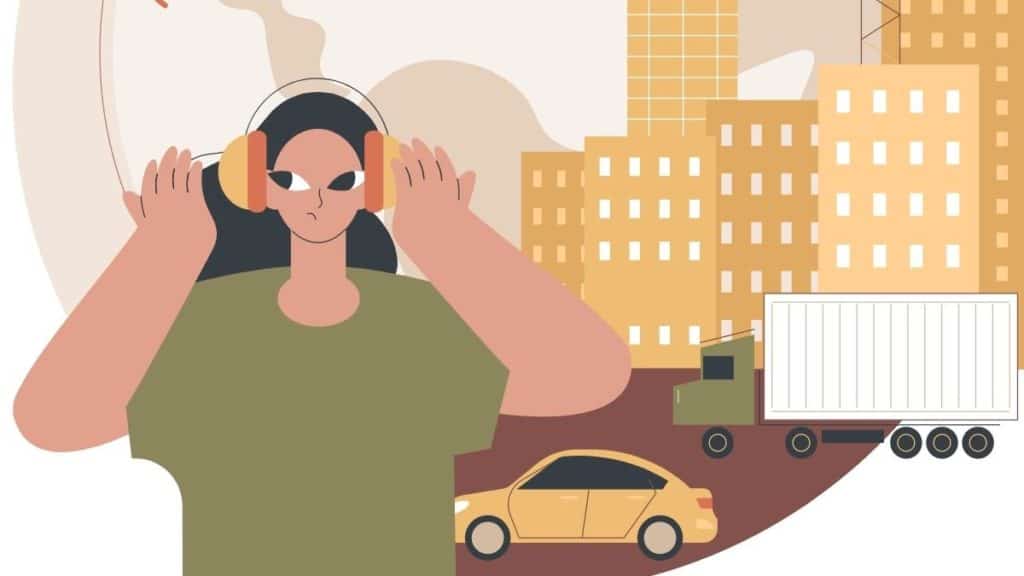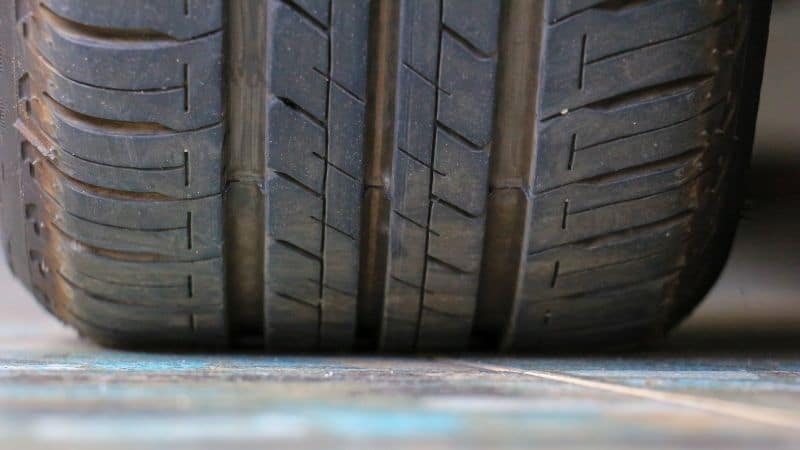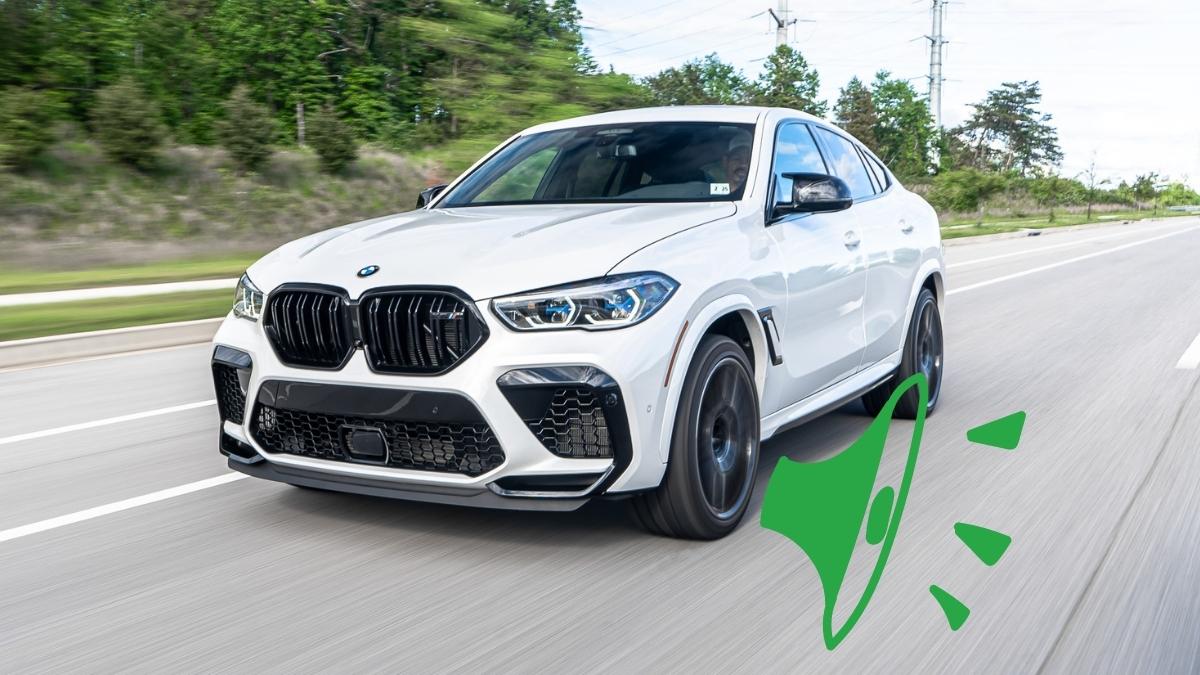Any vehicle driven by combusting fuel and splitting through the air at speeds over 100 mph can be very noisy.
Every driver enjoys a quiet ride, and this is something vehicle and tire manufacturers try to deliver through various mechanisms designed to reduce noise.
As you use your vehicle frequently, you somehow get accustomed to the vehicle’s unique sound. You are likely to notice any sound changes when things are incorrect, either belt noise, wind noise, or tire noise.
The reason why some tires are noisier than others comes down to how they’re built. When it comes to new tires there are four main factors that will influence their noise level, and these are; tire type, tire size, tire tread, and rubber type.
Tire noise may also be because of something faulty, like a broken belt or abnormal tire wear.
If you have trouble understanding why some tires seem louder than others, read on to learn more about the factos contributing to tire noise, and what you can do to reduce it.
Different Types of Tire Noise

Car tires make different types of noises when driving around. Some noises are standard for the driving experience, while others show tire damage. The most familiar tire noises to drivers include;
1. Squeaking
Some car tires make noise because of aggressive driving. If you make a corner too quickly or brake immediately, your wheels will squeak to react to the impact.
However, this sound do not show any sign of damage. If the squeaking is persistent even at normal braking and turning, you should consider replacing your tires as the rubber could be dry.
2. Humming
Tire humming is the most common noise. The humming does not show any problem with the tires as it’s simply the normal sound that comes from the friction created between the tires and the road.
However, if you notice that the humming is becoming louder or erratic, you need to check your tires.
3. Thundering
Thunderous loud noises on your tire show that something is wrong with your car. The thundering is usually abrupt and signals that your tires have been damaged.
If this happens when you are on the road, you should pull over and get it checked.
Normal Tire Noise
Tire designers and engineers thoroughly test and adjust to create tires with the perfect balance of drag, traction, shock absorption, and wear resistance.
Touring and off-road tires have specific tones that will be unique for everyone. All tires are designed to fit various vehicles and vehicle types to stay in tune with the car.
Changing tire types, sizes and/or brand could change the noise experience you get from the vehicle.
For instance, tires with a lower profile (aspect ratio) will generally be noisier because they have less rubber on the sidewall to absorb the impact. This noise is transmissible through the chassis and the entire vehicle body. While these tires offer excellent traction and handling, they can generate more noise compared to standard profile tires.
Every tire has a unique sound profile. For instance, touring and low-rolling resistant tires are very quiet, while snow and off-road tires are very noisy. Performance tires and all-season tires are somewhat medium. Run-flat tires (RFT) have stiffer sidewalls, making them louder than non-RFT tires.
How Tire Type, Size, Tread Type and Rubber Hardness Contribute to Tire Noise

1. Tire type
All tire types are noisy to some extent simply because they are rolling on the ground. With that said though, winter and off-road car tires are louder because of their aggressive tread patterns.
While on the other end, performance tires are less noisy, because they have less much aggressive tread paterns.
The quietest type of tires are touring tires as they are built to have a low rolling resistance. if touring tires produce loud noises on smooth pavements and normal road conditions it could mean that there’s a problem.
2. Tire size
Medium sized tires are generally the least noisy, while either end of the spectrum, both big and small tires generally are the most noisy.
For instance, bigger and wider tires have a larger contact patch with the ground, hence they are likely to be more noisy. Contrarily, smaller tires have less sidewall area for noise absorption.
So if you want less-noisier tires, go for mid sized ones, with a fairly standard width and profile.
3. Tire tread
More symmetrical and aggressive tire treads are very noisy. This noise is caused by the air that channels through the grooves. Some air passes through the channel and compresses between the road surface and the tire.
As the air goes out, it produces sounds that repeat each time some air goes into the channel. The more space between the blocks, the more air will be trapped, making the car tires louder.
4. Rubber hardness
Tires with a harder rubber compound will be noisier than tires with a softer rubber compound. This is only true to a point though, as very soft tires are also noisy.
What Makes Tires Less Loud?
Designers have realized a way to change the tread patterns to change the sound and airflow. These rating and sizing considerations make tires louder.
Here is what makes tires quieter:
- Continuous and circumferential ribs with straight grooves between them.
- Varied tread block shapes have a multiple pitch pattern that shifts noise.
- Smaller blocks have a smaller surface area for reduced noise.
- Reinforced shoulders stabilize tread blocks.
- Minor hash marks within the grooves break up the airflow.
- Narrow tire sizes also minimize airflow.
- A soft rubber composition can absorb most of the noise-making the tires quieter.
What Can You do to Reduce Tire Noise?
Dealing with loud tires should not be difficult. Sometimes all you have to do is replace your tires to new ones that are marketed as being more quiet.
However, if your tire is loud because of axis and structure damage, you will have trouble dealing with a noisy tire yourself. If the tire noise you are dealing with is because of vehicle damage, you have to take your car to a garage near you for diagnosis.
Always record the tire noise to explain what troubles you are facing appropriately.
Hi, my name is Niklas, the head content creator & CEO of Whirling Wheelz. I am very interested in vehicles of all kinds, mainly cars. I have a car mechanics degree from high school and a big hobby of mine is to follow the WRC (World Rally Championship) both online and through travel.


